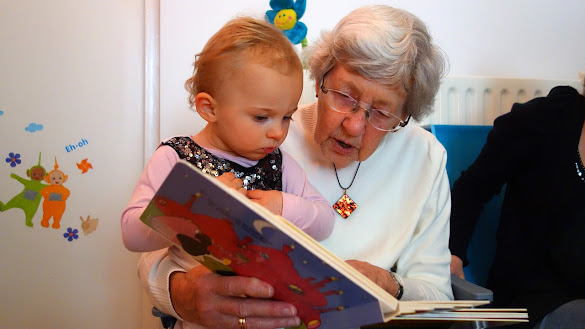Melanie Klein's Object Relations Theory: Awareness, Research and Resources
Melanie Klein's Object Relations Theory Research
Melanie Klein's Object Relations Theory Relevancy Today
Melanie Klein's Object Relations Theory
"Melanie Klein was a prominent psychoanalyst who made significant contributions to the field, particularly with her Object Relations Theory. This theory focuses on the early relationships between infants and their primary caregivers (usually the mother), and how these relationships shape the individual's psyche and interpersonal relationships throughout their life. Here are some key aspects of Klein's Object Relations Theory:
Phases of Development: Klein identified several stages of infant development, including the paranoid-schizoid position and the depressive position. In the paranoid-schizoid position, which occurs during the first few months of life, the infant's experience is characterized by splitting, primitive defense mechanisms, and intense emotional reactions such as anxiety and paranoid fantasies. The depressive position, which typically emerges around six months of age, involves the integration of good and bad aspects of the caregiver into a more complex and realistic internal representation.
Introjection and Projection: Klein proposed that infants incorporate aspects of their early caregivers into their own psyche through introjection, while also projecting their own feelings and desires onto external objects. For example, an infant may internalize the nurturing aspects of the mother and identify them as part of themselves (introjection), while projecting their aggressive impulses onto an external object (projection).
Internal World: Klein emphasized the importance of the internal world, or inner psychic reality, in shaping behavior and relationships. She believed that early experiences with caregivers formed the foundation of an individual's internal world, including their self-concept, interpersonal dynamics, and emotional responses.
Anxiety and Defense Mechanisms: Klein's theory highlights the role of anxiety in development and proposes that defense mechanisms, such as splitting, projection, and introjection, arise as ways to cope with overwhelming emotional experiences. These defense mechanisms serve to protect the individual from experiencing intolerable levels of anxiety by managing conflicting internal and external impulses.
Object Constancy: A key developmental milestone according to Klein is the achievement of object constancy, which involves the ability to maintain a stable and integrated internal representation of significant others, even in their absence. This allows for more mature and stable relationships based on trust and emotional security.
Klein's Object Relations Theory has influenced subsequent psychoanalytic thinking and has been applied in various therapeutic approaches, including psychoanalysis, psychodynamic therapy, and attachment theory. While her ideas have been subject to criticism and revision over time, they remain influential in understanding early development and interpersonal relationships." (Source: ChatGPT 2024)
Object Relations Theory: A Primer for Rehabilitation Psychologists ResearchGate
Melanie Klein and Object Relations Theory SCRIBD
Melanie Klein and Object Relations Theory Simply Psychology
